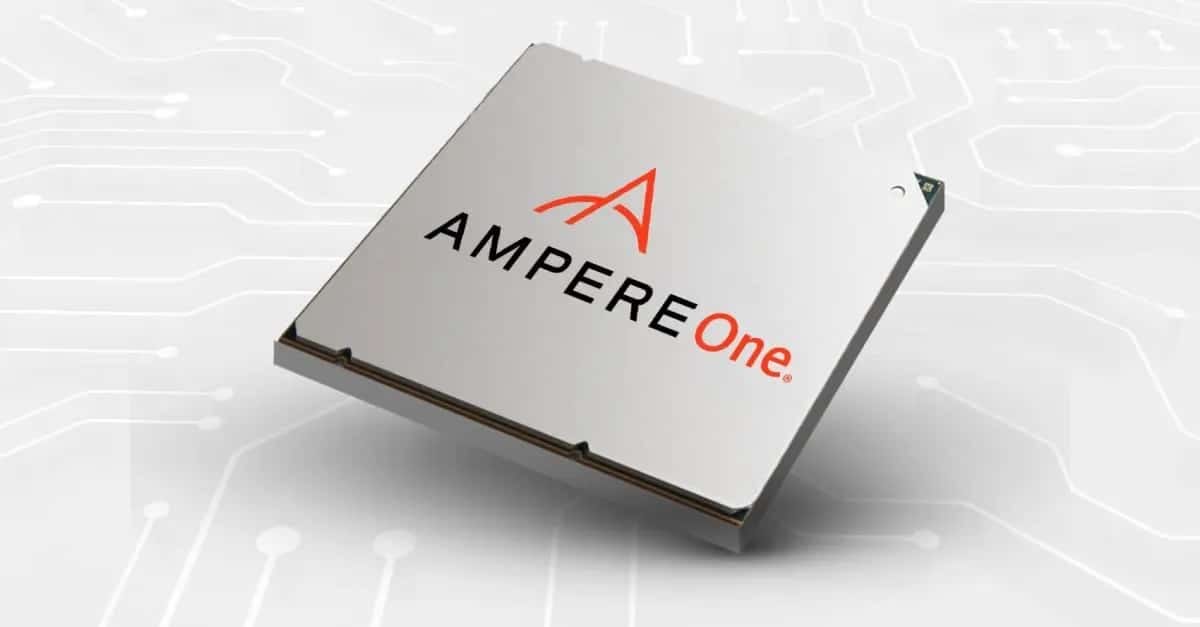The Japanese conglomerate SoftBank is in advanced negotiations to acquire Ampere Computing, a company specialized in designing processors based on ARM architecture for data centers. According to Bloomberg, if the deal goes through, Ampere’s valuation would reach $6.5 billion, and the official announcement could be made in the coming weeks.
SoftBank and its strategy in the semiconductor sector
SoftBank is the main owner of ARM, a key company in the development of processor architectures, and rumors about its interest in acquiring Ampere have been circulating for some time. Discussions between the two companies have been ongoing for several weeks, confirming the Japanese giant’s intention to strengthen its position in the semiconductor market.
However, SoftBank is not the only player interested in gaining control of Ampere. Oracle, which currently holds 29% of the company, could increase its stake to become the majority shareholder. In fact, the multinational led by Larry Ellison has options for future investments in Ampere, adding a competitive factor to this potential acquisition.
Ampere in an increasingly competitive chip market
Ampere Computing has established itself in the data center processor sector, developing high-performance ARM-based solutions as an alternative to Intel and AMD chips. In 2021, when SoftBank considered investing in the company, Ampere was valued at $8 billion, although growing competition and market evolution have adjusted its valuation.
The semiconductor sector is undergoing a transformation due to the rise of computing for artificial intelligence (AI) and the increasing number of competitors in the manufacturing of high-performance processors. Furthermore, growth projections in this area have moderated in recent months, prompting companies like ARM and AMD to adopt a more cautious approach in their revenue forecasts.
The emergence of DeepSeek and its impact on the hardware industry for AI
One of the factors affecting the sector is the arrival of DeepSeek, a technology that proposes a shift in the development of hardware for artificial intelligence. Its lower resource consumption and production costs are generating uncertainty about the sustainability of growth in the specialized AI chip market.
This context has led some companies to adjust their strategies, prioritizing efficiency and resource optimization over aggressive expansion into new segments. In this sense, SoftBank’s acquisition of Ampere could strengthen ARM’s position in the data center processor market, but it would also face increasing competition in the sector.
Conclusion: A key move in the semiconductor race
If SoftBank successfully completes the purchase of Ampere, it would establish itself as a key player in the data center market and strengthen its control over the ARM architecture in a highly competitive environment. However, Oracle’s potential intervention could alter the outcome of the deal and chart a new course in the investment strategy for server chips.
With the growing demand for more efficient solutions and the evolution of hardware for AI, this move could be pivotal for the future of the sector. Now, the big question is whether SoftBank will be able to finalize the acquisition or if Oracle will take the lead in controlling Ampere.

